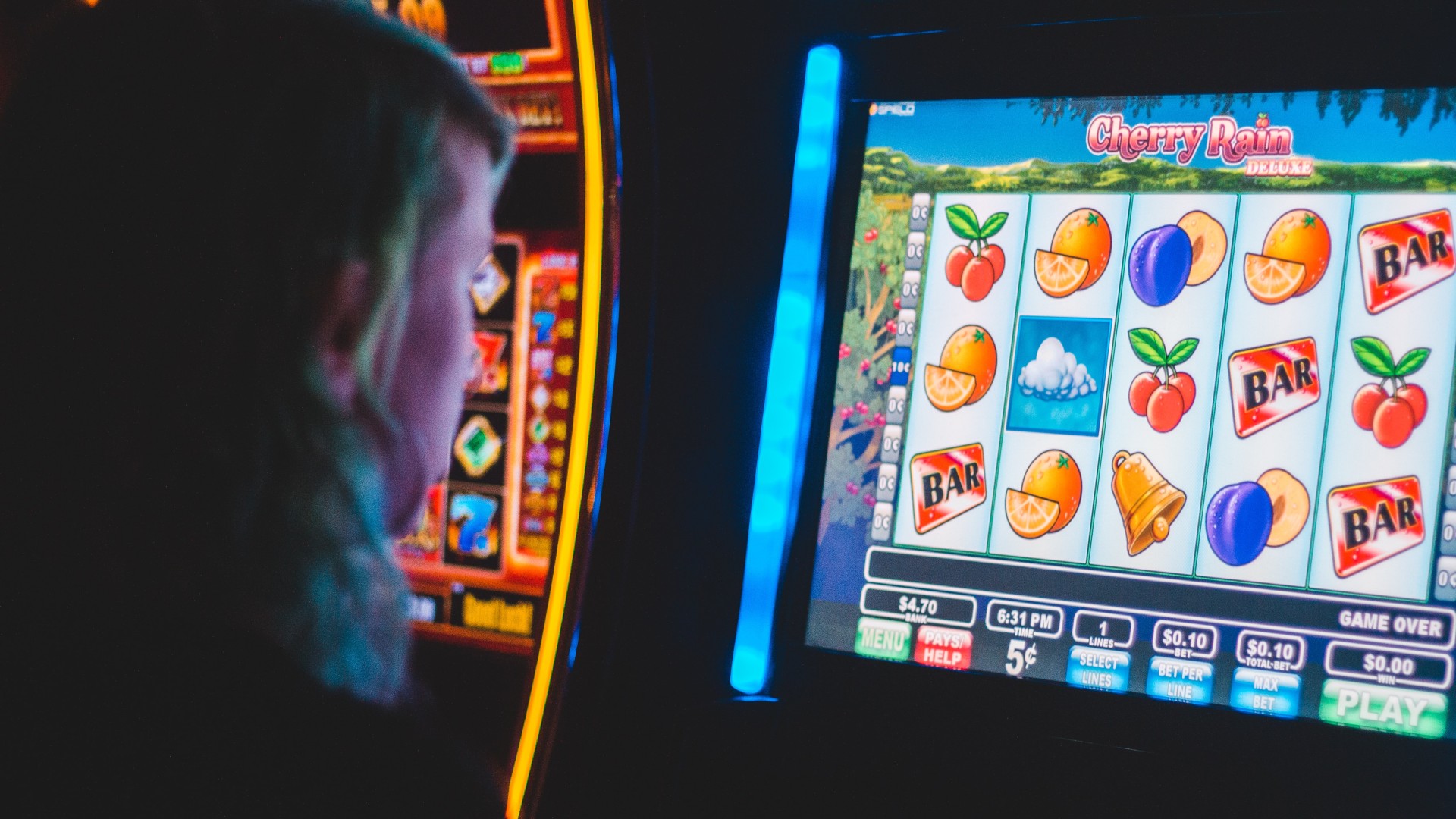Numbers Game: Video lottery keeps on spinning, and Nova Scotians keep on getting hurt

caption
A person plays a VLTMore than 30 years after being introduced, the "crack cocaine of gambling" is alive and well
For more than 30 years, video lottery terminals have been pulling Nova Scotians into a cycle of addiction and financial ruin. A new investigation by King’s journalism students explores how the government itself has become dependent—-keeping the money machine going, providing less information about the damage VLTs cause and moving to prevent victims from being compensated through the courts.
The Nova Scotia Gaming Corporation, which oversees gambling in the province, acknowledges that one in 10 VLT players here is a problem gambler, more than 10 times the rate for gamblers as a whole. Almost half of VLT gamblers are at some level of risk. Collectively, they lose tens of millions of dollars.
Nova Scotia says it aims to phase out VLTs by attrition, taking them out of service when businesses housing them close. Some are removed, but many others are moved around, often to places where they will attract more gamblers. It’s even paid Legions and other non-profits to give up machines so the can be put in busier locations.
There are fewer places to play VLTs these days, but many have grown to become almost mini casinos. One commercial chain, Dooly’s, now accounts for one in six VLTS not on First Nations, and the largest outlets in the province exceed anything allowed elsewhere in Atlantic Canada. Related stories
Meantime, extensive home-grown research on the extent of gambling and gambling harms has largely been silenced, replaced by surveys conducted for the gaming corporation itself and not made public. As a result, one Nova Scotia company that used to do extensive research here refocused its business overseas and now sells systems to help operators elsewhere identify problem gamblers to reduce harm.
And just in case gamblers decide to band together and sue the government, Nova Scotia joined with the three other Atlantic provinces to ban class action suits on gambling, and even outlawed individual suits seeking punitive damages.
King’s students dove into gambling data and documents, interviewed business owners, players, researchers and experts, and assembled the most comprehensive picture of VLT gambling since a similar King’s investigation in 2010.
The gaming corporation argues it’s better to have the government operating VLTs in a regulated and responsible manner and says it’s not in it primarily for the money. It points to its responsible gambling programs and expenditures on treatment for those who run into trouble.
Our series, Numbers Game, takes is name from the random numbers that determine VLT outcomes. But the entire story is one of numbers: of machines, of problem gamblers, and of profits the machines still bring in for government, businesses and clubs.
Numbers Game raises compelling questions about how serious the government really is about reining in what has been called the “crack cocaine of gambling.”
It is presented in conjunction with The Chronicle Herald and SaltWire Network.

